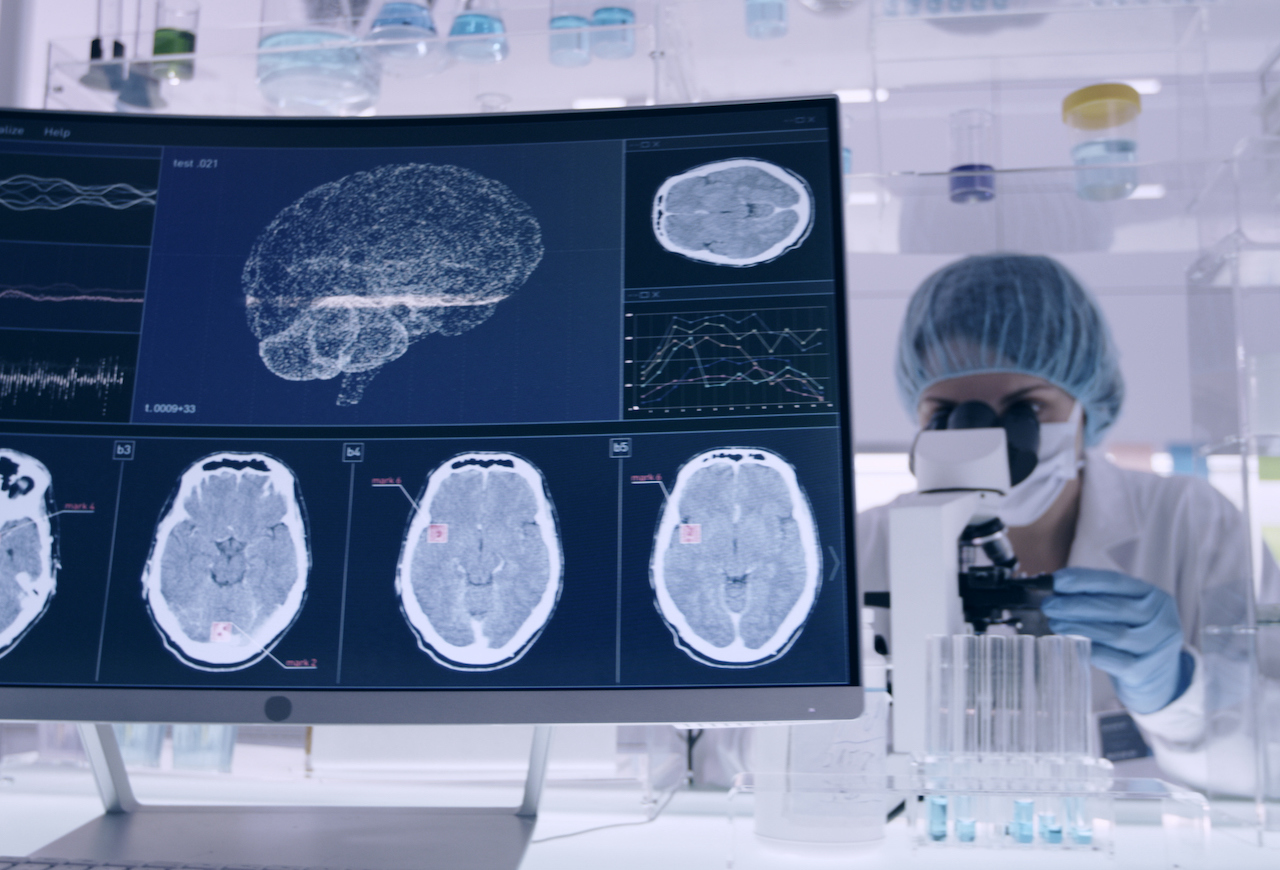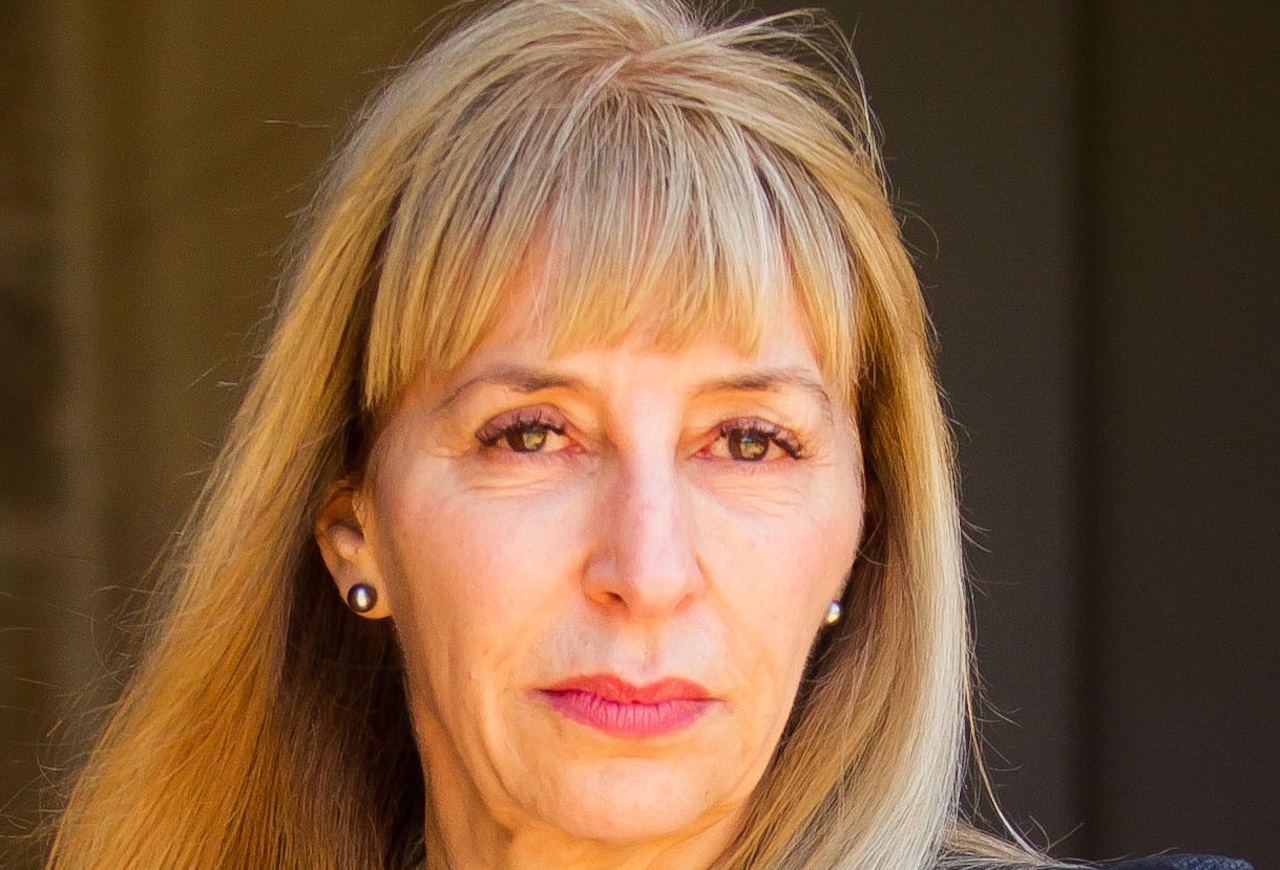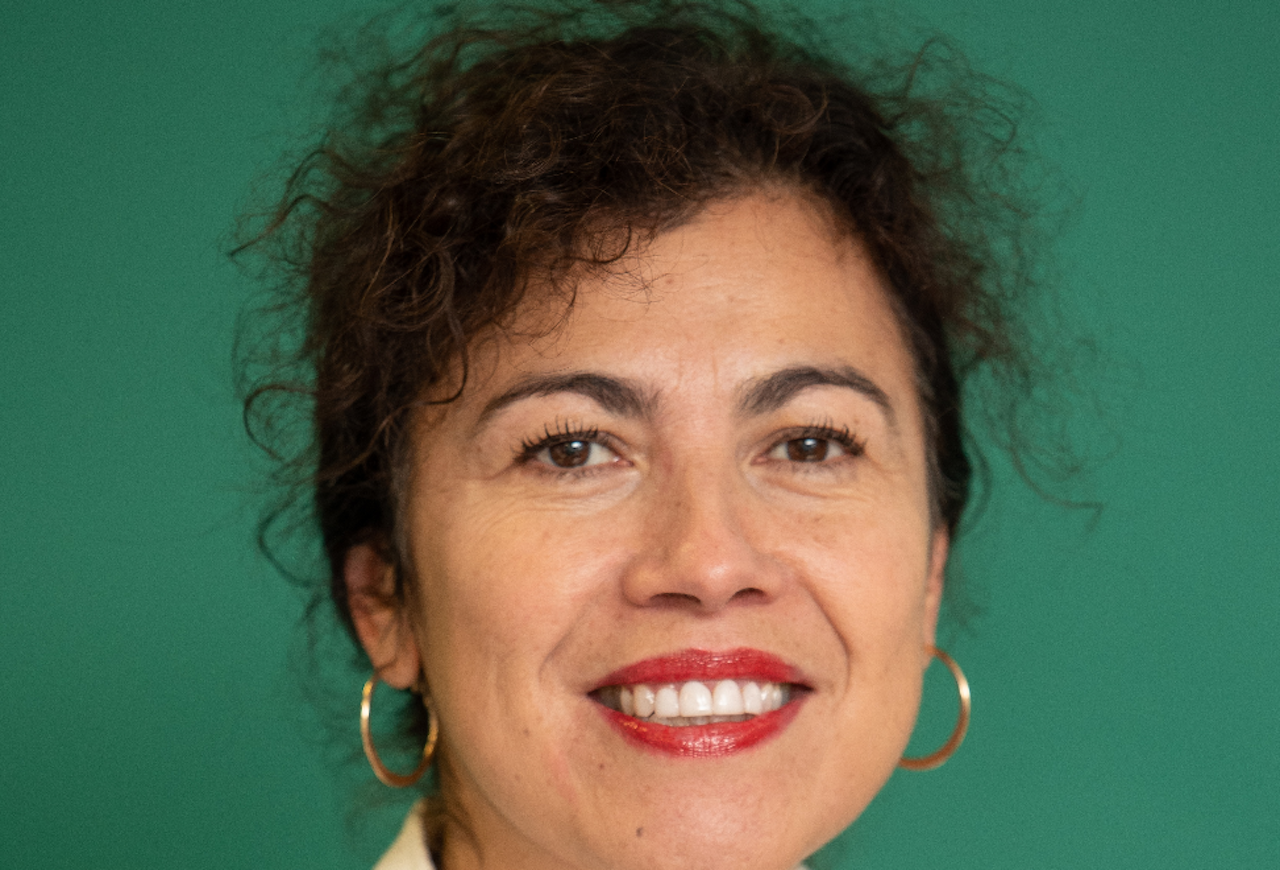We talk to scientist Susan Greenfield, founder of Neuro-Bio, about her breakthrough discovery in the search for a cure to Alzheimer’s, and the potentially huge social impact of investments in biotech.

In brief
- Currently more than 55 million people have dementia worldwide, over 60% of whom live in low-and middle-income countries.
- In 2013, with support from angel investors, Greenfield formed Neuro-Bio, a privately-owned biotech firm focusing on neurodegenerative disease.
- Greenfield has identified the neurotoxic protein T14, which offers hope of a cure for Alzheimer’s. The potential social impact is enormous.
- Clota Värde, a boutique impact investing support firm has been brought in to assist the investment process.
According to the World Health Organisation (WHO), currently more than 55 million people have dementia worldwide, over 60% of whom live in low-and middle-income countries. Every year, there are nearly 10 million new cases. Dementia is currently the seventh leading cause of death and one of the major causes of disability and dependency among older people.
Women are disproportionately affected by dementia, both directly and indirectly. Women experience higher disability-adjusted life years and mortality due to dementia, but also provide 70% of care hours for people living with dementia. Alzheimer disease may contribute to 60–70% of cases.
It is only fitting that it is a woman who may have the cure.
“I never thought I would end up being a CEO of a biotechnology company. I expected to spend my life as an academic,” says Susan Greenfield the brilliant Oxford scientist who leads Neuro-Bio and is now seeking help from impact investors.

Greenfield has discovered a novel 14 amino acid bioactive peptide (T14) which is a neurotoxic in the adult brain. Her published data shows it to be a potential key driver of neurodegeneration. “I have an appropriate name for it,” says Greenfield. “I call it ‘the evil one.’”
In 2013, with backing from angel investors, she formed Neuro-Bio, a privately-owned biotech focusing on neurodegenerative disease. The new distinct neural mechanism Greenfield identified is being exploited by Neuro-Bio to develop exciting new drugs to treat Alzheimer’s disease. T14 can also be measured in blood and Neuro-Bio is developing this biomarker as a companion diagnostic.
Far from delaying the growth of this startup, the COVID pandemic provided Greenfield with useful opportunities. “We were able to outsource valuable research work to Italy.”
“We are very excited. The MHRA [the UK health regulator] has approved what we are doing as a distinct ‘novel approach’. They recognise that we are on to something. Our biomarkers will help identify degeneration at an early stage, and then potential drugs can interrupt that process. I say it’s like typing T14’s hands behind its back.”
Longer-term Greenfeld’s science may have applications beyond dementia. She is convinced it may have potential also to yield an anti-metastatic drug for cancer sufferers, and other applications for sufferers of cirrhosis of the liver and various skin conditions. Neuro-Bio now has some 18 patents covering six different assets.
Social impact
This discovery undoubtedly has immense potential social impact. “Every one of us knows someone who’s life has been touched dementia. My own mother’s was,” says Greenfield.
Dr Michal Zurawski has been bought in to assist with connecting investors with Neuro-Bio as chairman.
He says the social impact can be described in simple terms. “The number of people suffering from Alzheimer’s today is greater than the entire population of Spain. The economic cost of their illness is estimated to be greater than the GDP of the United Kingdom.”
The WHO estimated that in 2019, dementia cost economies globally $1.3trn, approximately. 50% of these costs are attributable to care provided by informal carers – family members and close friends – who provide on average five hours of care and supervision per day.
In addition Zurawski is keen to stress that from an impact point of view it is no longer just a Western disease. It is growing fast in Africa where “in the next ten to fifteen years it is projected to multiply seven or eight times”.
Approaching investors
Having been founded by angel investors who Greenfield says had “deep pockets and good intentions”, Neuro-Bio has progressed through Series A and B funding, and is now on Series C.
There is a growing investment community interested in the technological developments coming out of academia. Particularly amongst impact investors.

Impact financing and investment boutique Clota Värde has been brought in to assist the process. Alexandra Martinez, the firm’s co-founder, notes: “How can we assist academics with such an outstanding product? We can help them understand the risk frameworks which all investors operate within. We can also help them explain their complex message in terms which investors will understand.”
Martinez deals with venture capital specialists at sovereign wealth funds, pension funds, endowments, and foundations. She says they are having “considerable success with impact minded investors, though given the significant commercial potential I think the investor interest in this will not be limited to just that sector eventually”.
She says many investors appreciate the significant role dementia plays as a cause of poverty globally, and also notes “obviously this is very appropriate from an SDG 3 point of view.” SDG 3 – good health and wellbeing – is one of the 17 Sustainable Development Goals established by the United Nations in 2015.
Greenfield’s concludes: “If this is as impactful as I believe it will be, I will definitely have earned my angel wings.”






